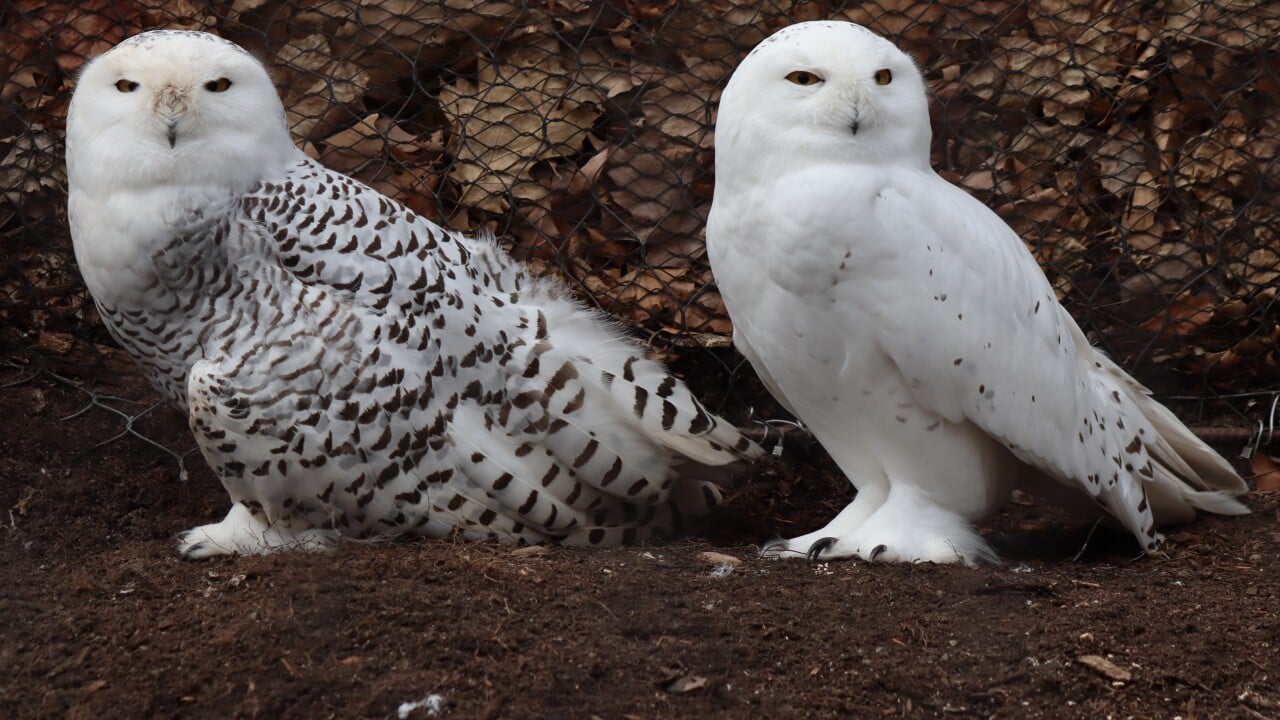The fledgling owls are now embracing the survival techniques passed down by their parents, a crucial but challenging phase. Currently, we are preparing to release some of the Great Horned Owls brought to us after being found in distressed conditions. There are some Owls that just need a bit more time to grasp the hunting skills and find themselves in trouble. Take this particular owl, for instance; it was discovered stranded in tall, damp weeds, its feathers damaged, dehydrated, and emaciated. Following weeks of intensive care, this Great Horned Owl has made a remarkable recovery, displaying remarkable resilience and determination. Its unwavering strength and readiness to return to the wild are truly inspiring.

Kind of lame that you'd kick him out in the middle of the night like that, but he looks like he's doing well.
You know, I've never given any thought to that... Why don't they release owls at night... ???
It could just be that it's when the bird people are at work, but who know? #nostupidowlquestions
I did find this article about release methods from The Barn Owl Trust in England where they talk about having mobile aviaries they leave open at night, so the owl can come and go until it is well situated on its own, but I haven't seen that anywhere else. Usually it's a cardboard box or pet crate.
I'll have to ask next time I see a rehabber.
Being a person who has had a job, I assume it's probably your first assumption there, but I would think it would be beneficial for them to have had a good day's sleep for their first night on their own in the scary wilds.
Seen any rehabbers yet?
I have not, actually! There feels like there have been less owl events this year compared to last.
I did just email the one place though to ask after I saw your comment.